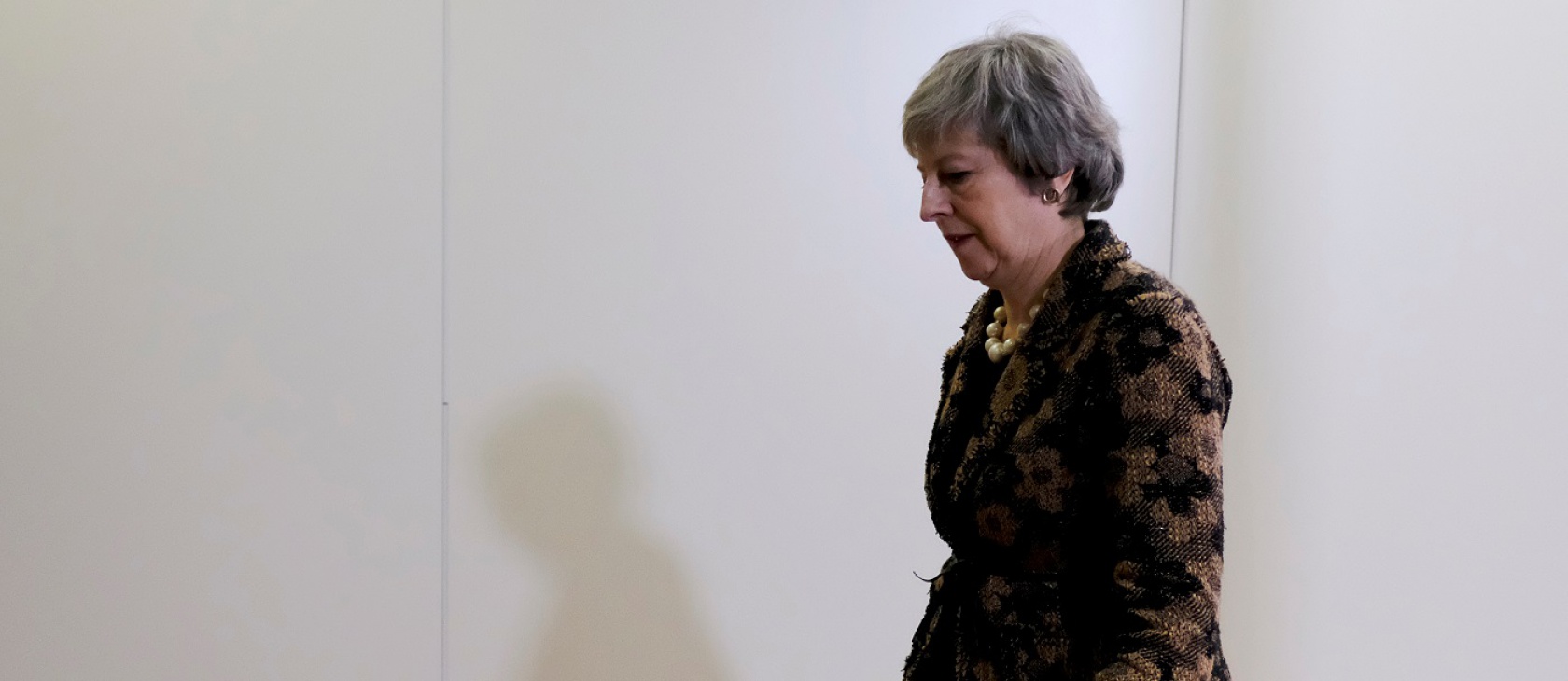The deed has been done.
The House of Commons killed off, permanently, the hostage to fortune that Theresa May presented as the EU Withdrawal Agreement. The vote, 202 in favour and 432 against, was the largest defeat suffered by a government in English political history. Of the government’s own 318 Members of Parliament, two deputy Speakers do not vote and two others are “tellers” – which leaves 314 Conservative MPs to vote. A staggering 118 Conservative MPs voted against their own Prime Minister’s deal. I predicted this outcome (which, given the scale, was probably not that difficult to foresee) in my letter last week. However, it is important to think through:
- Why did this happen?
- What are the consequences?
- What are the possible outcomes?
Why did this happen?
It is much too simplistic to view this as Brexiteer MPs inflicting a defeat on a hapless prime minister promoting Brexit In Name Only (BRINO). Several diverse groups voted down this deal:
- Brexiteers believing the deal shackled us permanently to the EU;
- Supporters of a second referendum believing it gave them the best chance to reverse the result of the first referendum (a subject I previously addressed at Religion & Liberty Transatlantic);
- Supporters of a “soft Brexit” believing they can now take control and deliver an arrangement that keeps the UK even more closely aligned; and
- Opposition party members voting for political reasons.
At the root of the entire problem is the fact that the people voted to Leave in June 2016, and Parliament has a majority for Remain. One might call this a democratic deficit in the true sense. Some Members of Parliament will stop at nothing to prevent Brexit from happening.
What are the consequences?
Apart from the immediate consequence that the scale of the defeat means that this deal cannot be brought back, there are several other matters which result from this vote.
- Theresa May faces a no confidence vote that could potentially turn her out of office and result in the election of a socialist. The official opposition Labour Party (the British socialist party) has tabled a motion of no confidence in the government. This is an enormous own goal. Let me explain. Under the Fixed Term Parliaments Act if a motion of no confidence in the government is passed, and not reversed by another vote within 14 days, Parliament is dissolved and a general election is held (although the precise date is a matter for the prime minister). As of this writing, the confidence vote has not been held, and there is almost no chance of that vote succeeding. The government has 318 out of 643 active Members of Parliament, just short of a majority. It is inconceivable that any Conservative MP would vote for this no confidence motion at this time. If the clock moves to March and there is a repeat no confidence motion, some extreme Conservative Remainers might defect, but not today. In addition the 10 MPs of the Democratic Unionist Party (Northern Ireland’s largest party, which is socially conservative and pro-Brexit) will support the government. Jeremy Corbyn, Labour’s leftist leader, in effect, throwing away any chance of forcing an election. Expect a government win which will strengthen May.
- A softer Brexit may hamper free trade. The prime minister is expected to make a statement to the House of Commons next Monday, in which she will set out the government’s plans. In her statement immediately after the defeat, May indicated she would consult across Parliament to seek a way forward. Remember, however, the problem – a Leave voting public clashing with a Remain voting Parliament. Only softer options are likely to emerge. However, May has indicated she wishes to maintain the outcome of the original referendum and for the UK to have an independent trade policy, which means no membership of a Customs Union. We pray she holds to these lines.
- Bluster will resume. In next week’s statement expect to hear May insist, “I have listened to Parliament,” that “I want a deal” and “I will return to Brussels to discuss what possibilities exist to fashion a new arrangement.” However, we must remember that….
- Time is running out, carrying us toward no deal or no Brexit. According to both British and EU law the UK leaves the EU on March 29, 2019 – even if no deal has been agreed (in which case, the EU also doesn’t get the £39 billion agreed as part of the “divorce”). May has always said we will leave on March 29. Most worryingly ,in her statement after the vote in Parliament last night, she did not say that.
What are the possible outcomes?
- There is almost certainly not going to be a General Election. Labour’s no confidence motion will fail and, even if another one emerged in March with Conservative Remainer defections, time would have run out on Brexit.
- There is almost certainly not going to be a second referendum. There is most likely no majority in Parliament for such a course of action, and a good number of Labour members representing Leave areas would vote against it. Its proponents, who did not like the outcome of the first referendum, generate noise but are unlikely to prevail. There is a need for legislation; the so-called “people’s vote” would require a full-blown agreement on the question, which does not seem likely; and social unrest would only deepen.
- May will try yet again to negotiate with Brussels. The EU is notorious for holding firm until the last minute, then compromising. Removing or time-limiting the backstop would go a long way to resolving the problems, although it is far from clear that the EU would deliver on this, or that it would be enough. Nevertheless, expect another frenzy of activity from May seeking a new deal. Should anything emerge, May will have to bring the resultant deal before Parliament in perhaps four-to-six weeks. No one knows the outcome of that.
- Postponing Brexit becomes more likely. Most dangerous for those of us seeking to Leave is a possible extension to Article 50 – the two-year notice period which runs out on March 29. This could, in reality, only happen with government support, but I can foresee some weasel words – “We do not have time to conclude the discussions we are having with the EU and so they have agreed with us that the Article 50 period will be extended.”
- Parliament might coalesce around one of the many softer forms of Brexit. These include the Norway model, membership in EFTA, Customs Union, or the Single Market. However, each of the options would generate significant opposition. Yet is the next deal May hammers out were to fail, this would be a possible, and dangerous, outcome. But by that time, it may be too late.
Unless something changes legally and politically, on March 29 we leave the EU and establish ourselves once again as a free-trading nation. But we need to beware of the dangers and pitfalls that lie ahead in the next few weeks, which continue to pit Parliament versus the people. May the people, free trade, and innovation prevail. That outcome is far from certain.




